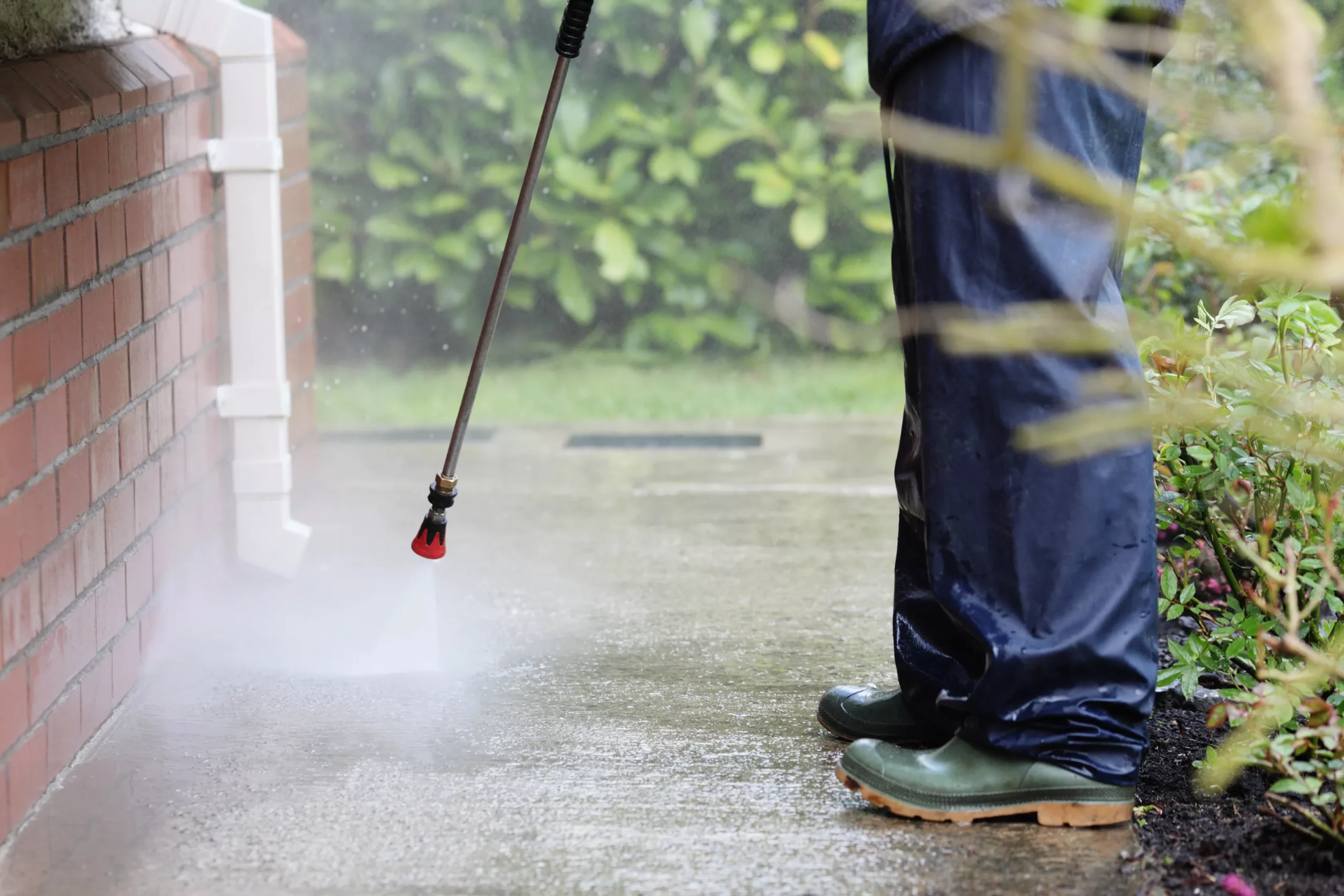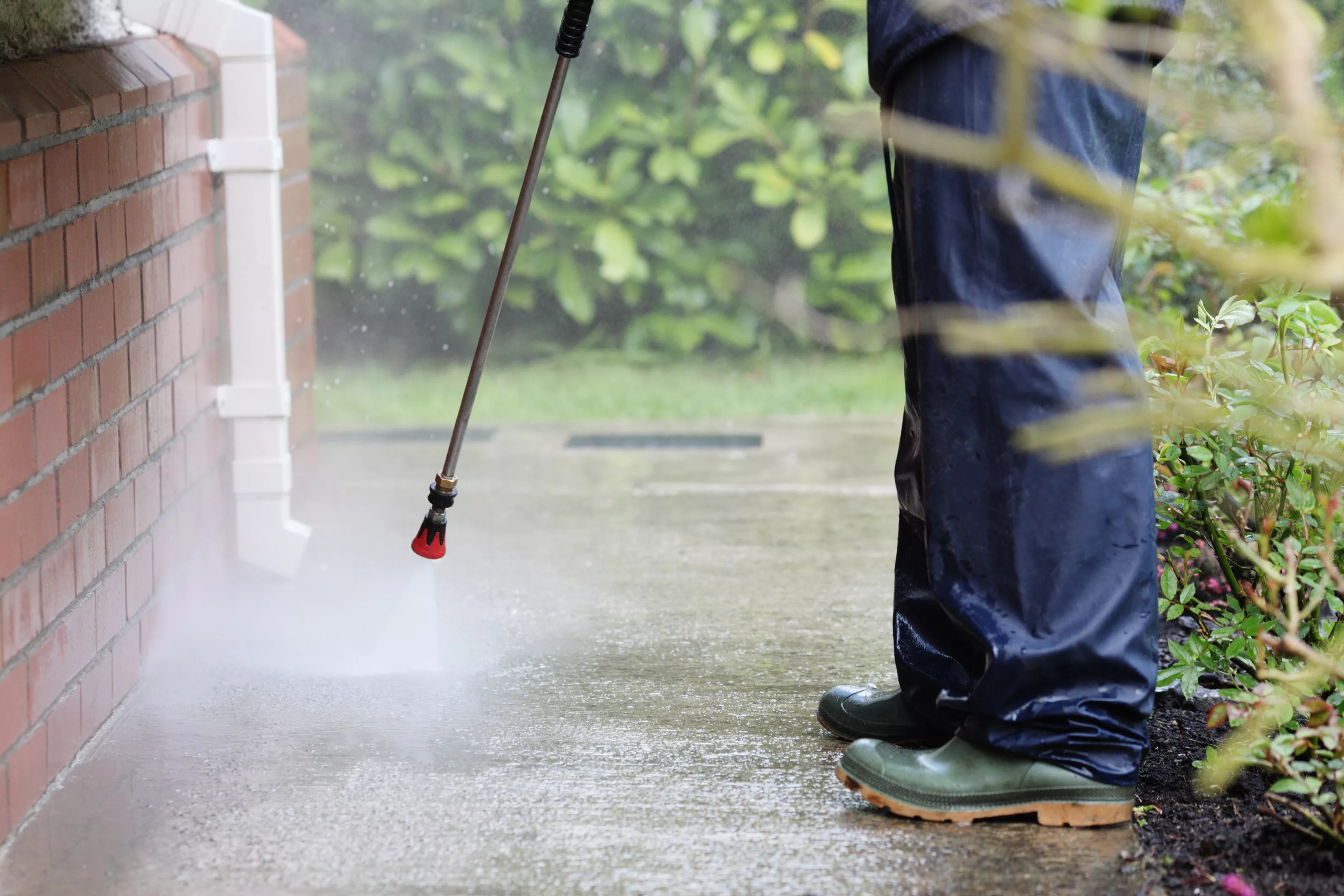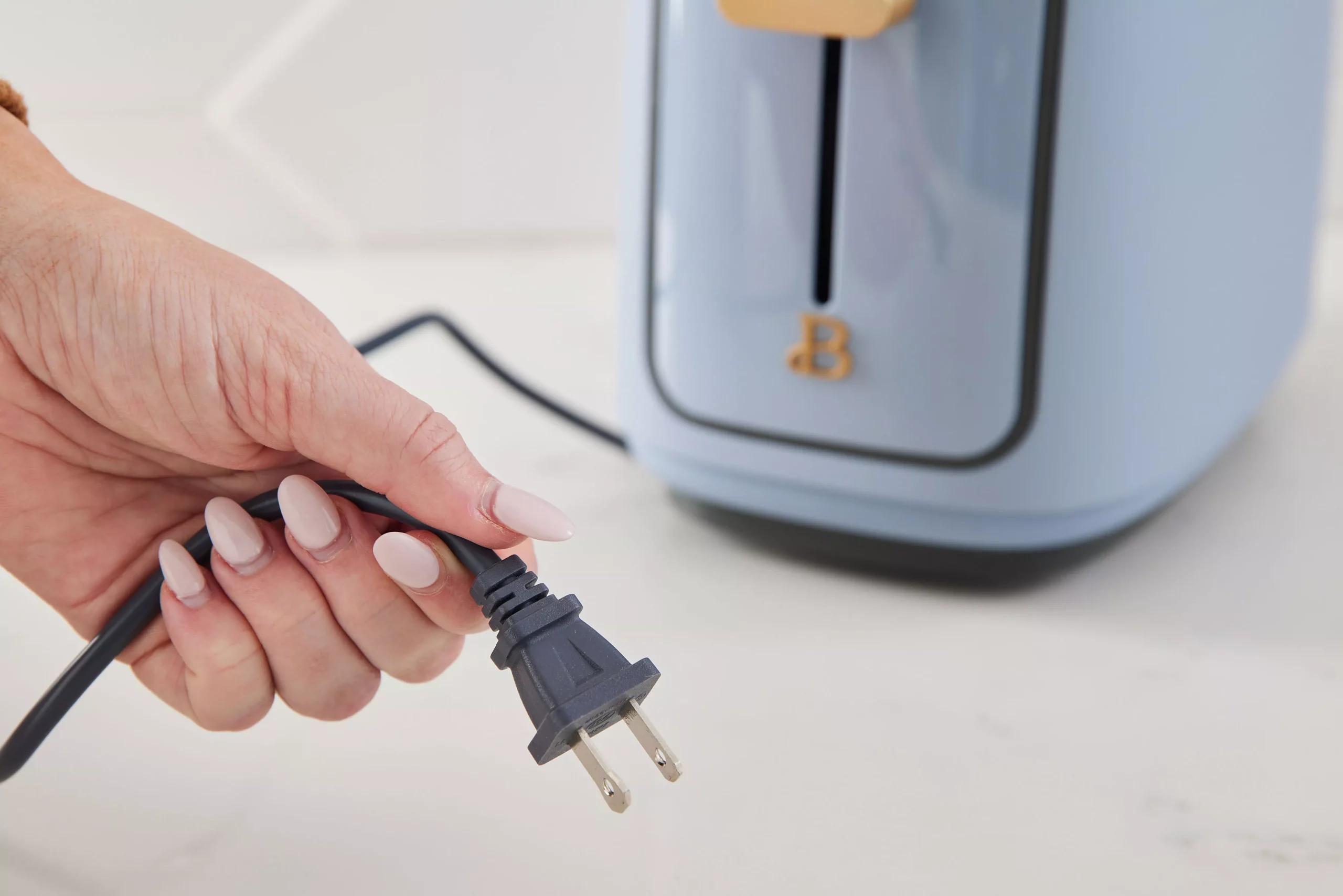Pressure cleaning your house is just one of one of the most effective methods to clean, brighten, and restore its exterior. The effective water can break away years of dust, gunk, mildew, and more without the use of extreme chemicals. Yet, you should not over-use the pressure washer, as you may damage the home’s exterior.
To discuss exactly how frequently you need to pressure wash your home, home maintenance specialists are sharing their leading suggestions. And also, discover exactly how things like environment, constructing material, and wear can influence the frequency of your cleaning timetable.
How Typically to Pressure Laundry Your Home
Typically, most house owners must press wash their residences yearly. Some property owners might take advantage of more constant cleaning, while others might have the ability to skip a cleaning every now and then.
” For homes in humid areas, where mold, mildew, and algae grow, I would certainly suggest a pressure laundry every 6 to twelve months for the maximum advantage,” claims Orlando Penner of South Nation Sheds. “In drier environments, I would certainly consider push cleaning just as soon as each year or even as soon as every 2 years.”
The Very Best Season to Pressure Laundry Your House
The most effective season to stress clean your residence remains in the spring. In a lot of climates, spring offers cozy adequate climate for stress cleaning with the added benefit of removing drop and winter season debris that has actually collected on and around your home’s exterior.
” This is a fun time due to the fact that it gives you the chance to wash away mold, mold, and dirt that accumulated over the winter months,” says Angie Hicks, Founder of Angi.
Hicks adds that, though you can additionally pressure clean your home during the loss, it will likely be covered in fallen leaves and other fall particles not long after you clean it, bring about a waste of water, gas, and time.
Avoid Pressure Laundering in Winter
You might assume you can toss on your waders and a poncho, draw the pressure washer out of wintertime storage, and knock out some spring cleaning early, but stress washing in warm temperature levels isn’t almost your comfort degree. Actually, you must reconsider before pressure washing your home in the winter season.
Products that may hold up to high-pressure water in cozy temperatures may come to be extra breakable throughout extreme chilly, yet Penner cautions of a much more likely reason for damage when water and cold temperatures incorporate.
” Take care not to clean your home when it’s freezing outside, as it’ll cause architectural damages if you have even the tiniest splits,” he warns. “Water often tends to expand in freezing temperature levels, so if it gets into your fractures and increases upon freezing, you’ll be entrusted to even bigger cracks and even more concerns.”
Just How to Stress Clean Different Structure Materials
As you could anticipate, different building products respond in a different way to pressure washing. Products like concrete, steel, and block usually stand up well to high-pressure cleaning, however softer, extra fragile products can easily be damaged.
If you’re unclear just how your home’s exterior will certainly stand up to pressure washing, Penner suggests erring on the side of care. Also if you have actually pressure washed your home in the past, you need to always inspect your home extensively before stress cleaning to make sure the structure products remain in adequate condition to stress clean again.
” For a winner, make use of low stress and examine the efficiency to make the following decision,” he advises. “As an example, if the block is eroding, I would certainly stay clear of high pressure to prevent additional erosion. For products such as composite and plastic, usage tool to low stress. For wood and roof covering products, always turn to low stress to prevent any damage.”
Material P.S.I.
Concrete (Driveway, Walkway, Structure) 3,000 to 4,000
Block (Outside Walls, Patios, Retaining Walls) 2,500 to 3,000
Steel Exterior Siding (Aluminum, Steel) 2,000 to 2,500
Vinyl House siding 1,500 to 2,500
Compound Decking 1,500 to 2,500
Timber Decks & Fences 500 to 1,200
Timber Exterior siding 0 to 500
Residence Materials You Should Never Ever Pressure Wash
. Hicks cautions that certain types of structure materials should not be stress washed in all, consisting of the following:.
Surface areas painted with lead paint.
Surface areas with electrical components.
Windows and glass that might damage.
Roofing shingles.
Gutters that might be prone to damages.
Awnings and similar treatments that might be conveniently damaged.




